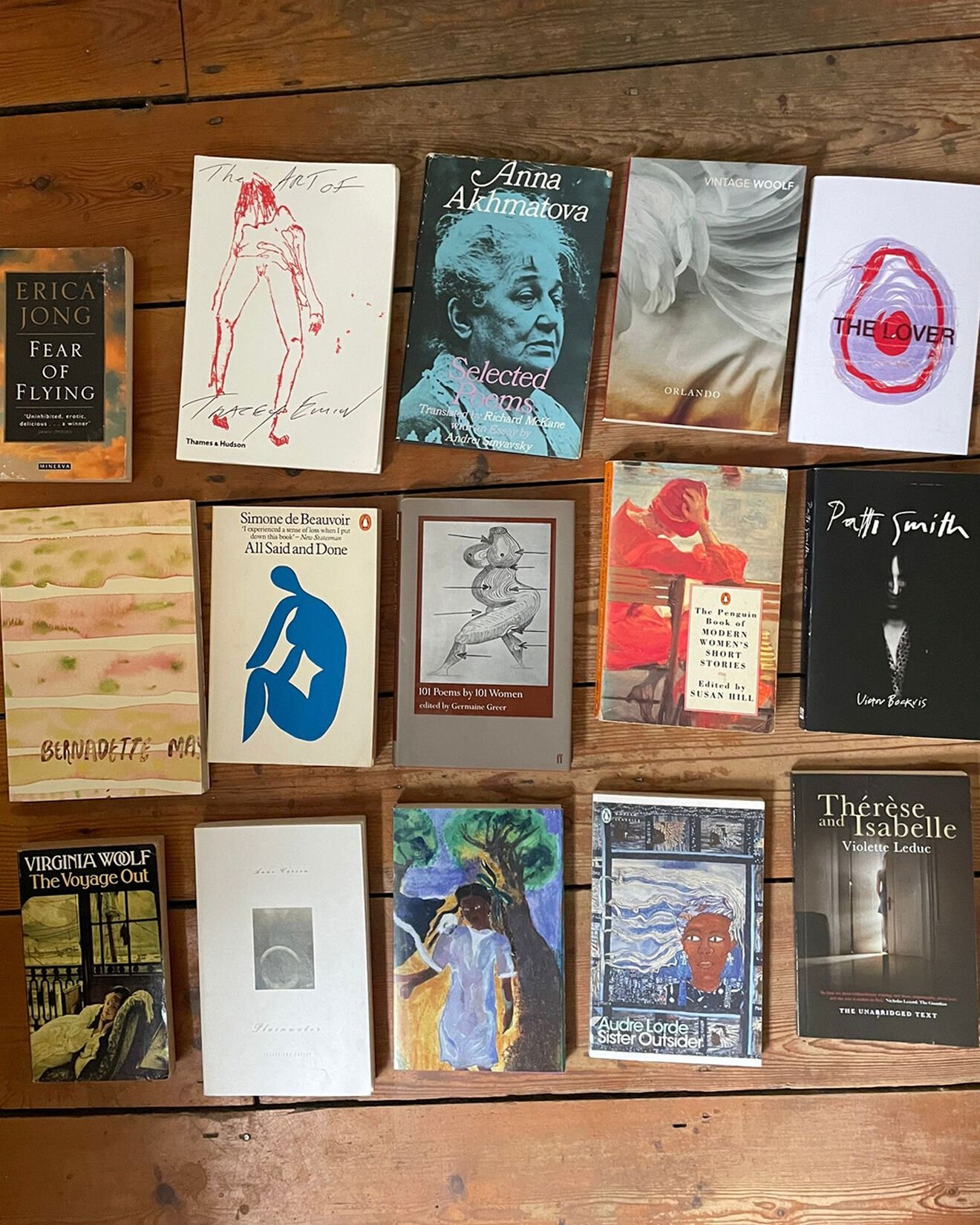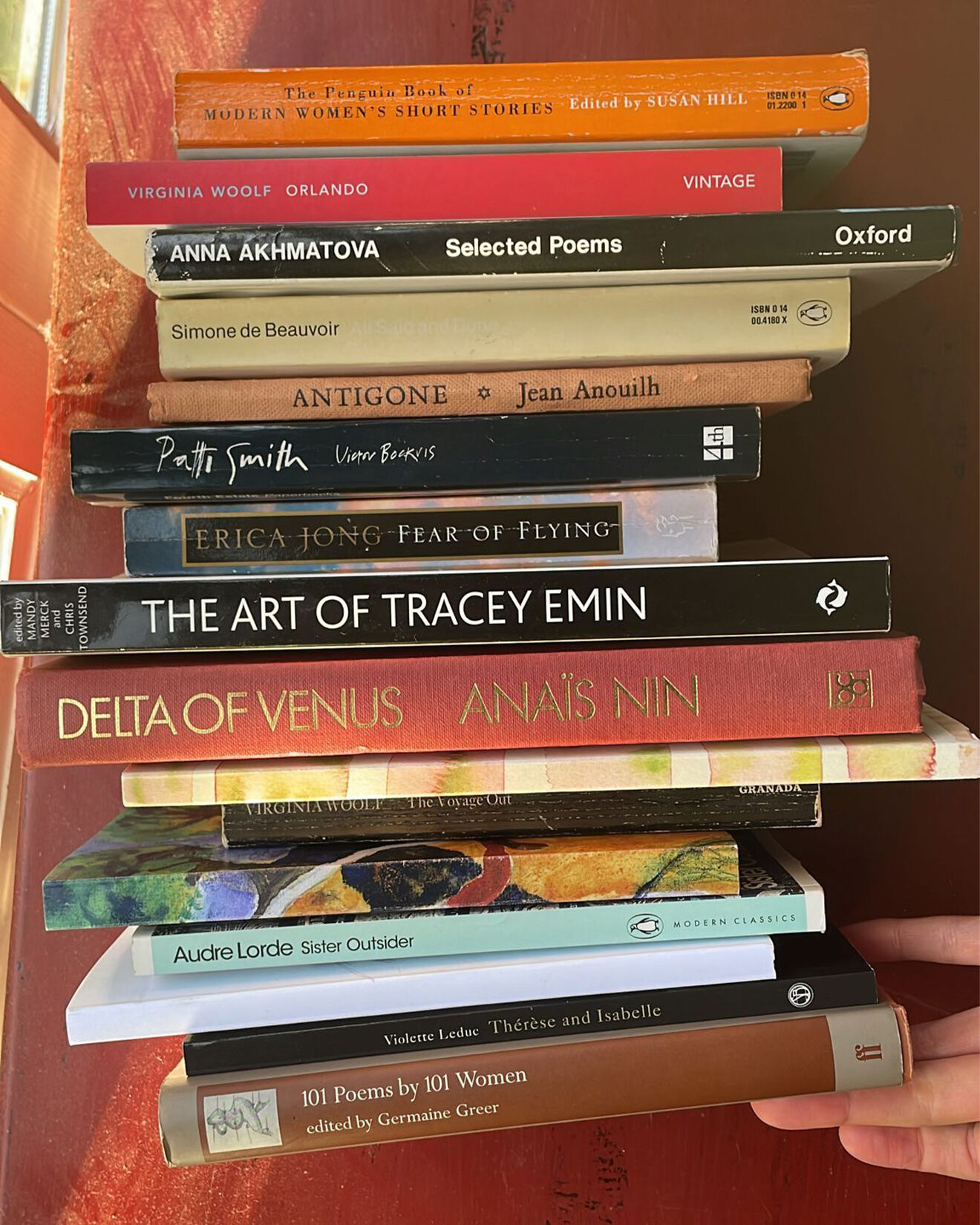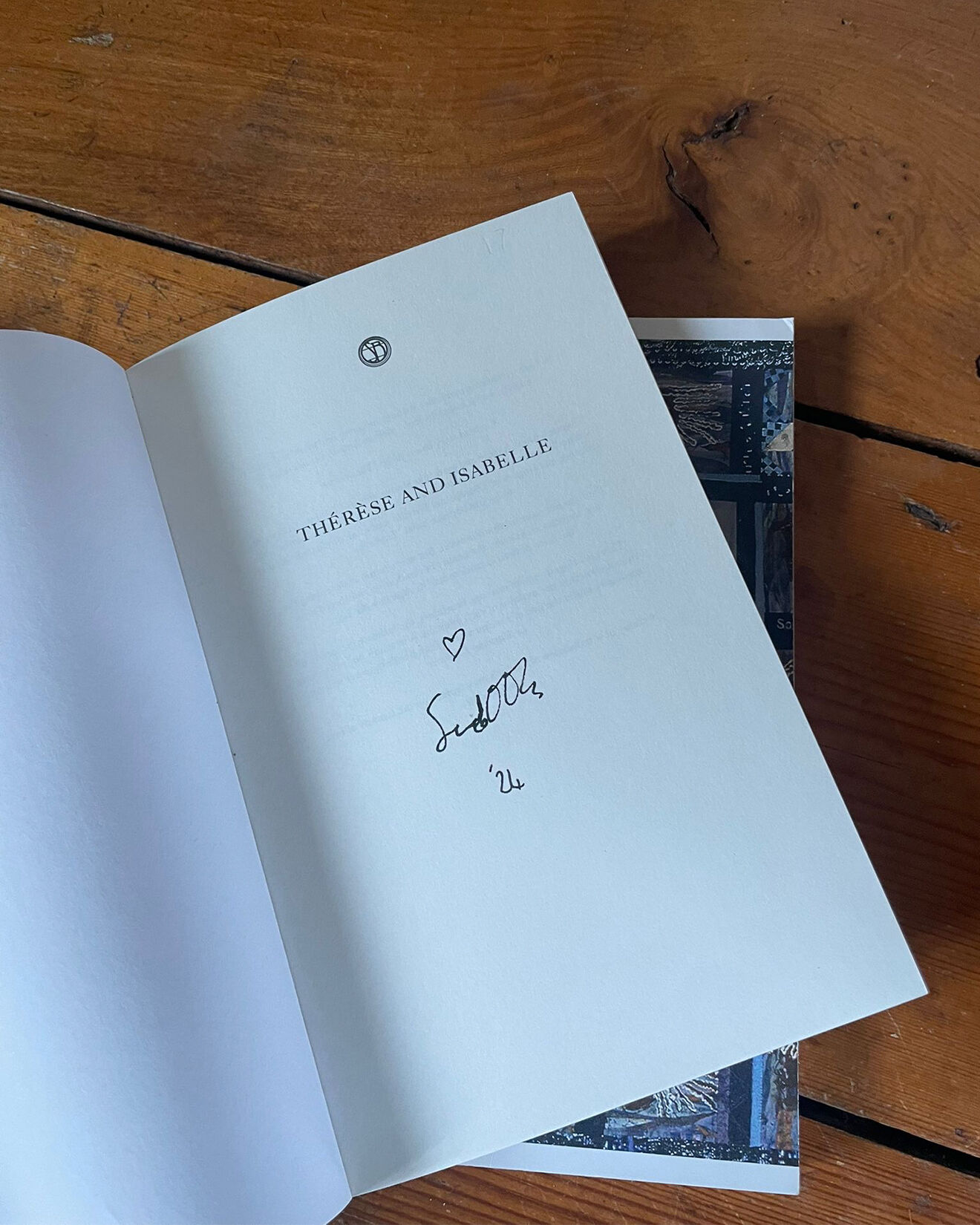
This International Women’s Day, we asked six women to recommend a book they believe is essential reading for the modern woman.
Throughout the month of March a curation of these books will be available in our flagship store in Stockholm, hand-sourced by Gemma Janes, founder of Sendb00ks with all proceeds going to UN Women Sweden.
All portraits by Liselotte Watkins
Fear of Fifty: a Midlife Memoir by Erica Jong
“Released in 1994, this book is the author's retrospective of her life and of her younger self at the time of writing "Fear of Flying" in 1973. I read this about 4 or 5 years ago when I was closer to 50 than to 20 – the age when I read "Fear of Flying”. Both books have had a great relevance for me at the points in life when I have read them, and it was reassuring to read the latest book as it is about how your perception of sex, body, politics, and love evolves throughout life.”
– Nina Persson


Just Kids by Patti Smith
“I think this was the first book I finished as an adult because I always lost my concentration when reading. But with Patti’s poetic way of writing about New York – the childish love, innocence, and melancholy – while living there at the same time, I found a soulmate in this book!”
– Amanda Collin


Samtalen by Cilla Naumann about and with Mamma Andersson.
“I find this book incredibly beautiful. Two wonderfully wise, smart, and funny women in conversation about life and art – the best there is.”
– Pernilla August


The Art of Being by Rick Rubin
“The most important thing is not to create, but to be in the wonderful state of mind that makes creating inevitable, necessary, and fun!”
– Malena Ivarsson
Creme Fraiche by Suzanne Brøgger
“Suzanne Brøgger has always lived as if life could end tomorrow. She is an invaluable inspiration to me both in her mind and body. All women should pick this up and go all in!”
– Linda Skugge

